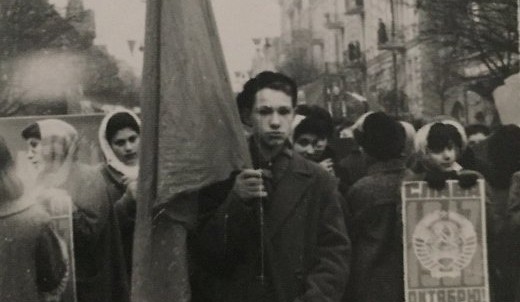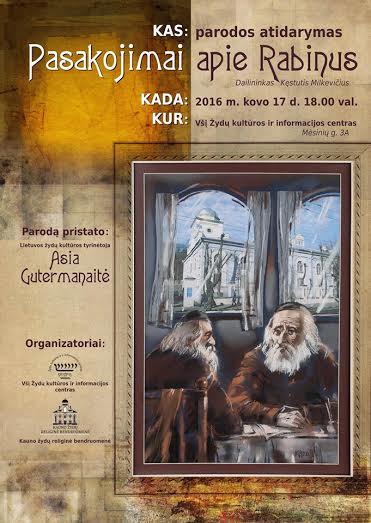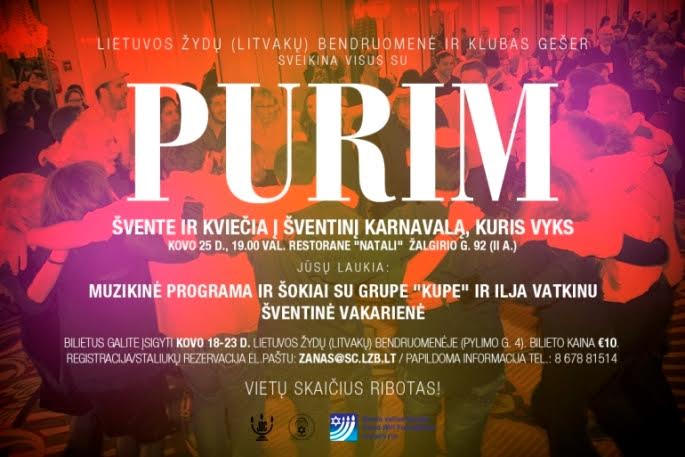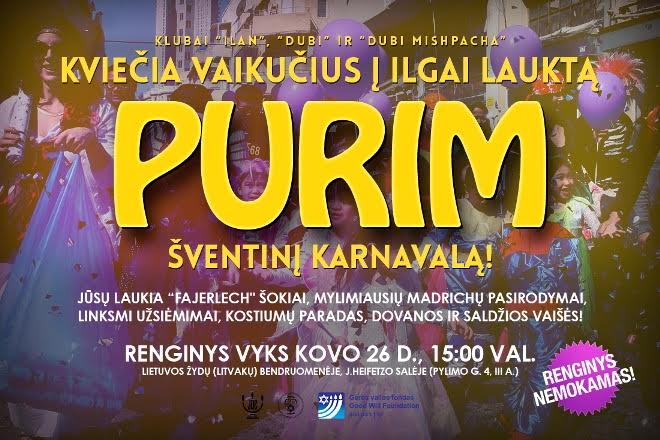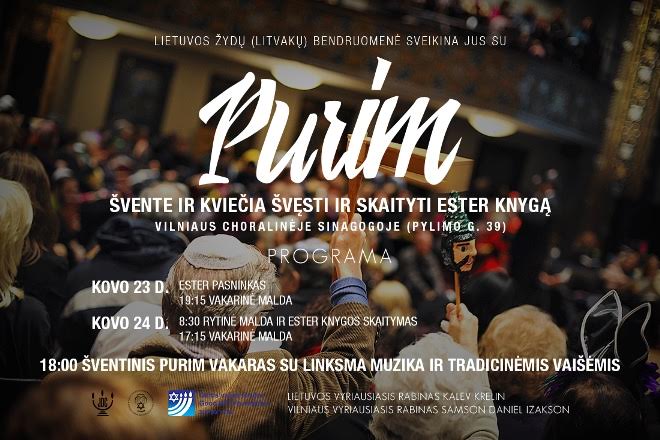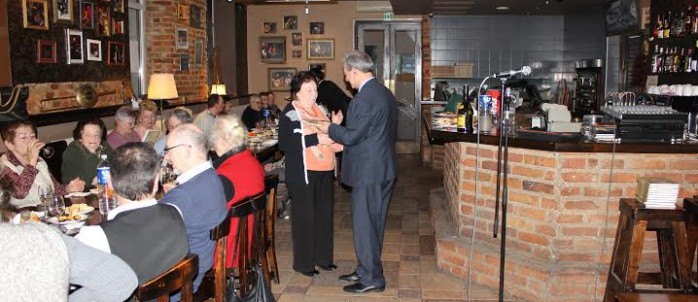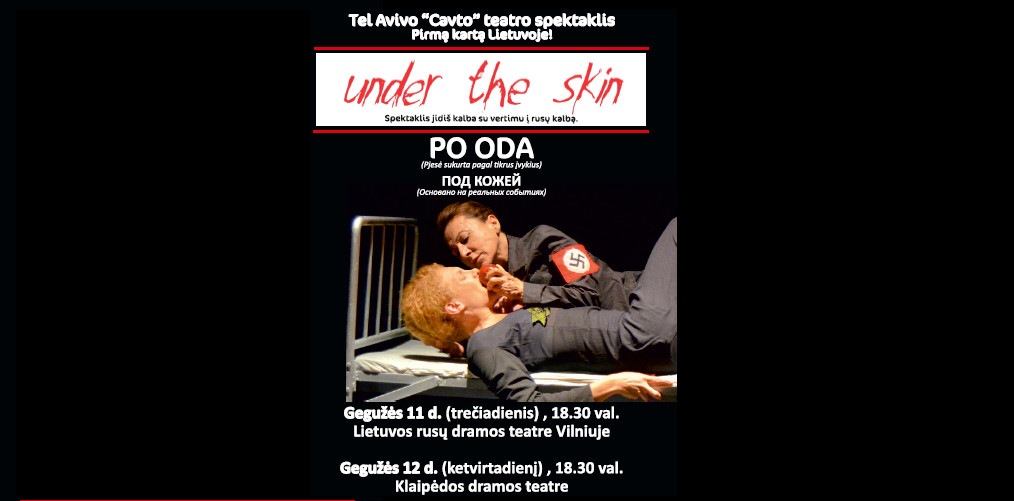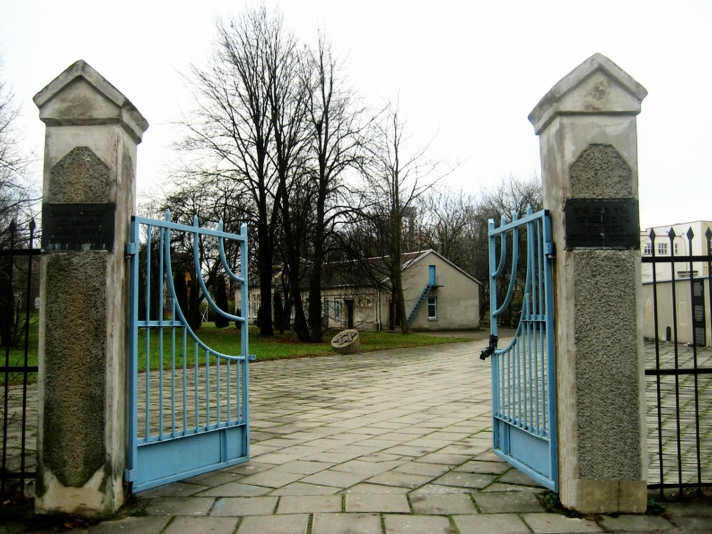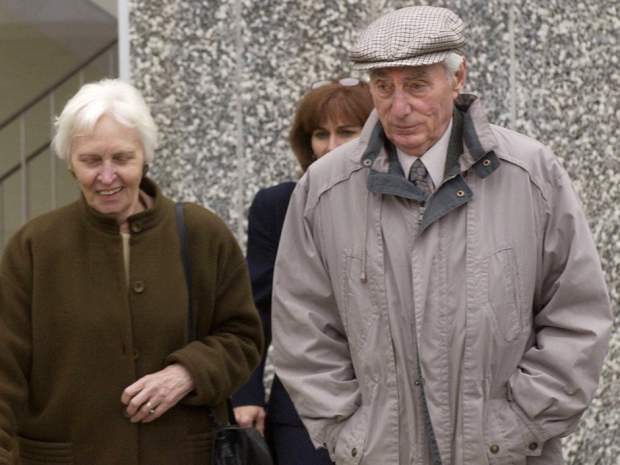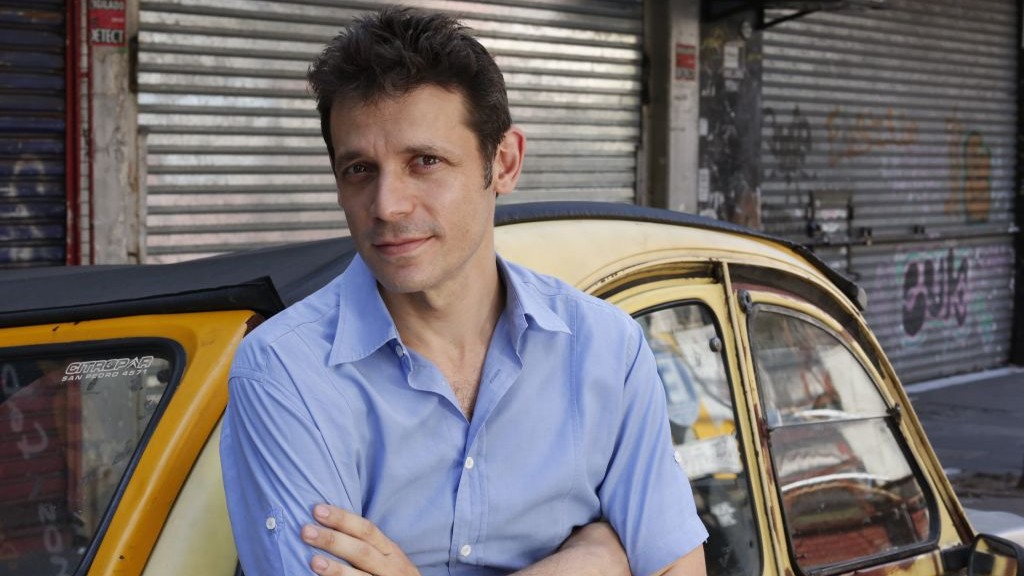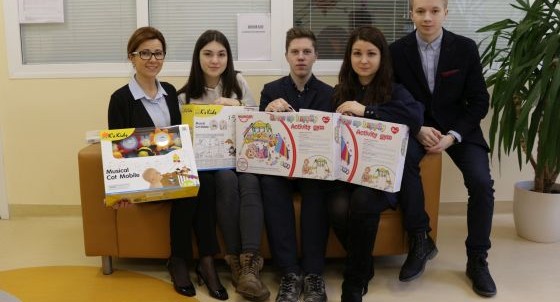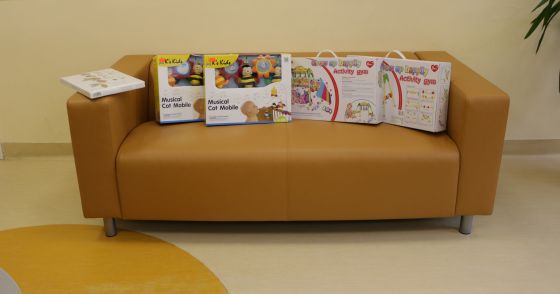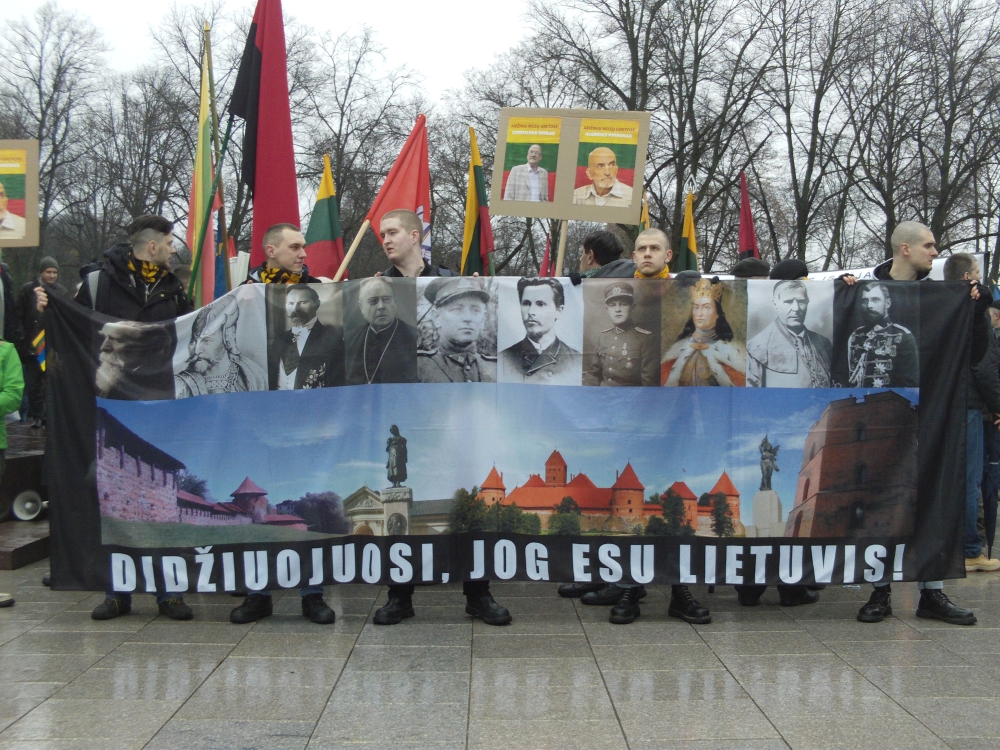An Amazing Turn for a Major Leader of the American Jewish Mainstream: David Gordis Rethinking Israel
David Gordis has served as vice president of the Jewish Theological Seminary of America and of the University of Judaism in Los Angeles (now American Jewish University). He also served as executive vice president of the American Jewish Committee and was the founding director of the Foundation for Masorti Judaism in Israel. He founded and directed the Wilstein Institute for Jewish Policy Studies which became the National Center for Jewish Policy Studies.
David Gordis is president emeritus of Hebrew College where he served as president and professor of Rabbinics for fifteen years. He is currently visiting senior scholar at the University at Albany of the State University of New York. Here is the article he submitted to Tikkun. We publish it with the same sadness that Gordis expresses at the end of this article, because many of us at Tikkun magazine shared the same hopes he expresses below for an Israel that would make Jews proud by becoming an embodiment of what is best in Jewish tradition, history, and ethics, rather than a manifestation of all the psychological and spiritual damage that has been done to our people, which now acts as an oppressor to the Palestinian people. For those of us who continue to love Judaism and the wisdom of our Jewish culture and traditions, pointing out Israel’s current distortions gives us no pleasure, but only saddens us deeply.
–Rabbi Michael Lerner
Reflections on Israel 2016
David M. Gordis
While reading Ethan Bronner’s review of a new biography of Abba Eban, I was reminded of a time when in a rare moment I had the better of a verbal encounter with Eban. It happened about thirty years ago at a meeting of the Conference of Presidents of Major American Jewish Organizations, which brought together leaders of American Jewish organizations, sometimes to hear from a visiting dignitary, in this case Eban, Israel’s eloquent voice for many years. I was attending as Executive Vice President of the American Jewish Committee. Eban had a sharp wit as well as a sharp tongue. He began his remarks with a mildly cynical remark: “I’m pleased, as always, to meet with the Conference of Presidents of Major American Jewish Organizations, though I wonder where the presidents of minor American Jewish organizations might be.” I piped up from the audience: “They are busy meeting with minor Israeli government officials.” A mild amused reaction followed and Eban proceeded with his remarks.
